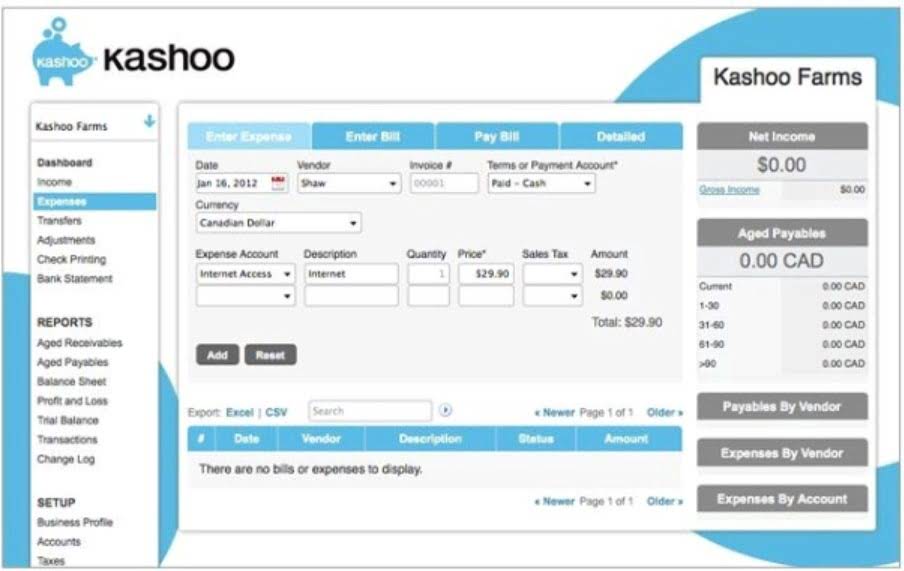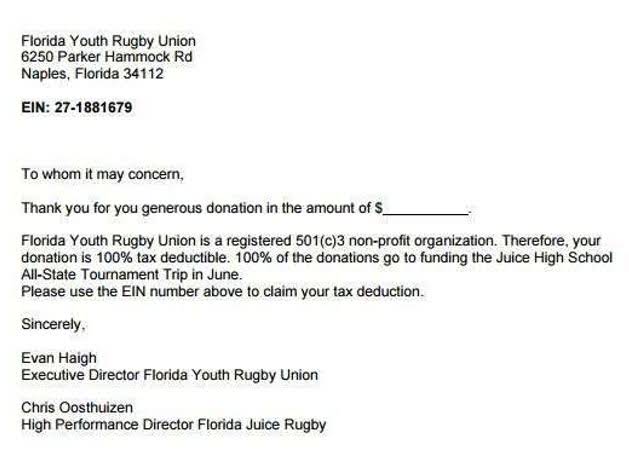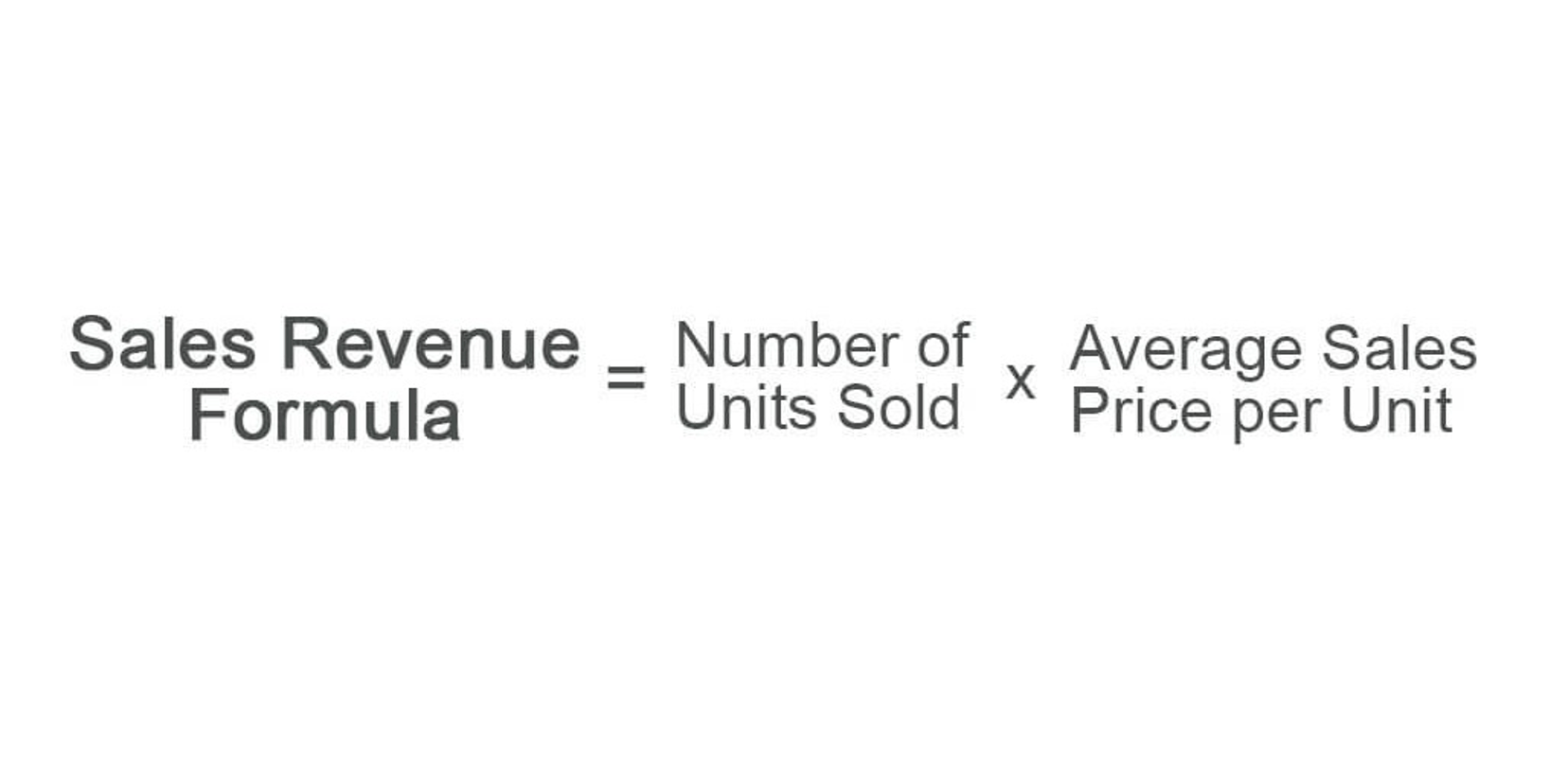28 Mar Self Employment Tax Calculator: Estimate 1099 Taxes

Rent deduction – the IRS allows individuals working alone to get a rent deduction for their office space. The deferred payment of the employer portion of self-employment taxes, which went into effect as part of the Coronavirus Aid, Relief and Economic Security Act, expired December 31, 2022. Discover how self-employed individuals can deduct vehicle registration fees and gain a clear understanding of the definition of this business contribution margin expense. Before calculating your self-employment tax, you’ll need to gather key tax and business documents, such as 1099-NEC forms, bank records, and receipts. In this guide, learn about self-employment tax and how to calculate it in a few straightforward steps.
Church employee income

Apparently, you may think that the self-employed or freelancer won’t have to pay any taxes. There is also self employment tax which is imposed by the IRS. These subtractions from your paychecks automatically cover a percentage of the taxes you owe to both the federal government and the state in which you live. It’s important to note that not all expenses can be deducted from gross income. Only those that are deemed ‘necessary and ordinary’ for the business can be deducted.
- Only 92.35% of your total net earnings are subject to self-employment tax.
- If you are self-employed, you are responsible for paying the entire tax, as you essentially serve as both employer and employee.
- Once you have determined your gross income and identified your deductible expenses, you can calculate your net earnings.
- The self-employment tax is a self-employed person’s Social Security tax liability and Medicare tax liability.
- Rent deduction – the IRS allows individuals working alone to get a rent deduction for their office space.
- You are therefore responsible for paying both halves of the Social Security and Medicare taxes, or 15.3% in total.
Incorporation Service
Irrespective of your age or whether you get Social Security or Medicare, you must adhere to the following tax guidelines. Generally speaking, you have to pay self-employment tax if either of the following activity occurs throughout the year. Looking for an answer to a specific self-employment tax question? Use the links below to navigate or read all the way through for a comprehensive overview of self-employment taxes. From big jobs to small tasks, we’ve got your business covered. Note that you also owe an Additional Medicare Tax of 0.9% since you make over $200,000 as a single filer.
How to Avoid or Reduce Your Self-Employment Tax

In the previous section, I told you that self-employment income is the net income you earn in a trade or business. Individual taxpayers with $400 or more of self-employment income must pay the self-employment tax. But there’s a limit on how much in earnings is subject to the Social Security tax; in 2020, this limit is $137,700 (it was $132,900 in 2019), and it gets adjusted for inflation every year. So if you make $200,000 in 2020, only $137,700 will be subject to the Social Security tax.
- This is the amount of your self-employment income subject to the self-employment tax.
- Before calculating your self-employment tax, you’ll need to gather key tax and business documents, such as 1099-NEC forms, bank records, and receipts.
- These are based on your net earnings, which is your income minus qualified business expenses.
- This means that if you have a W-2 job, and you can bump up your salary a bit, this could mean that less of your self-employment earnings are subject to the Social Security tax.
- W-2 employees are only responsible for paying half of the 12.4% Social Security tax rate and half the 2.9% Medicare tax rate for a total of 7.65%.

Gross income refers to the total income earned by a business before any deductions are made. Business expenses are costs incurred in the course of running the business. These can include costs for supplies, advertising, travel, and home Bookstime office expenses among others. A deduction, for income tax purposes, is allowed to self-employed individuals or freelancers for the cost of health insurance. This deduction is taken into account when calculating net earnings from self-employment.
What are self-employment taxes?

They also have to pay self-employment tax, which consists of Medicare and Social Security taxes. You’ll need to file quarterly estimated taxes and an annual income tax return. When you’re employed, your employer withholds these taxes from your wages. Because US taxes are pay-as-you-go, it’s better to pay estimated self-employment taxes quarterly rather than annually to avoid penalties. Quarterly tax payments are especially shrewd if you expect to owe over $1,000 in federal income taxes or if you failed to pay at least 90% of the withholding and estimated tax for the current year. It’s also important to note that if you’re self-employed, you may have to file estimated taxes quarterly in order to avoid penalties from the IRS.

Well, the short, sweet, and slightly inaccurate answer is that the self-employment tax is 15.3% of your net self-employment income. There is no such limit on the Medicare tax; if you make $200,000 in 2020, all of it will be subject to the Medicare tax. If to calculate the taxpayers net earnings from self-employment, 92.35% is multiplied by: you recently started a business, you’ve undoubtedly heard of the self-employment tax. The self-employment tax is not due to self-employed people making less than $400 annually or less than $108.28 from a church.



No Comments